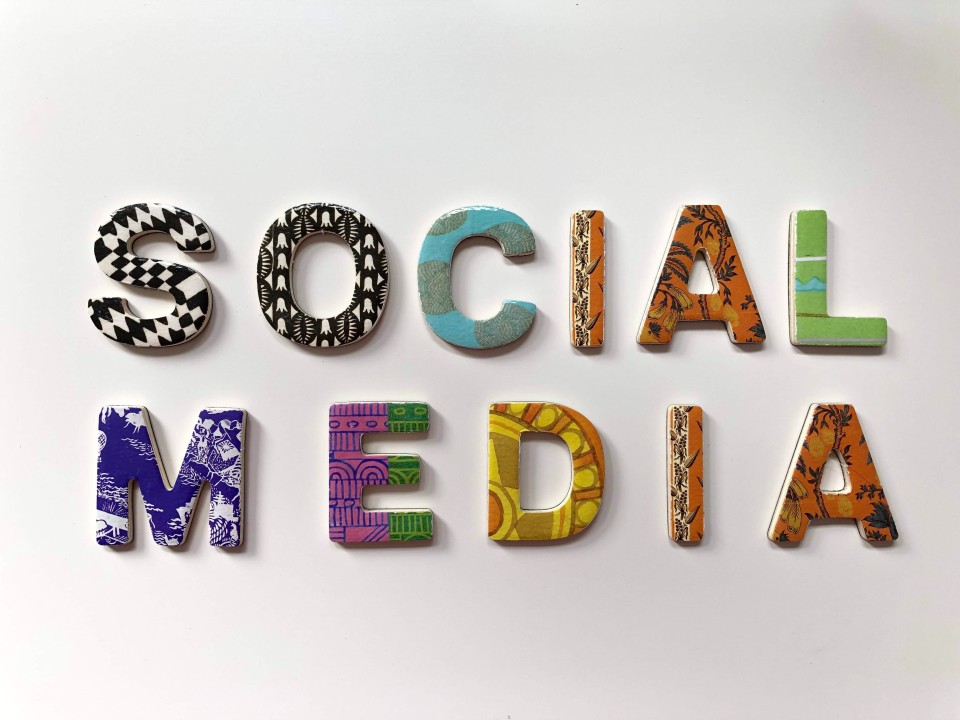In recent years, social media has emerged as a powerful force shaping political discourse around the world. From facilitating communication between citizens and policymakers to amplifying political messages and mobilizing social movements, social media platforms have transformed the way politics is practiced and perceived. However, this newfound influence comes with a host of challenges and opportunities that warrant careful consideration. In this article, we will explore the complexities of social media’s role in political discourse, examining both its challenges and opportunities.
1. Amplification of Polarization
One of the most significant challenges associated with social media and political discourse is the amplification of polarization. Algorithms designed to maximize user engagement often prioritize content that elicits strong emotions, leading to the proliferation of polarized viewpoints and echo chambers. This can contribute to the erosion of civil discourse, as individuals are increasingly exposed to partisan content that reinforces their existing beliefs while marginalizing opposing perspectives.
2. Spread of Misinformation and Disinformation
Social media platforms have also become fertile ground for the spread of misinformation and disinformation, posing a significant threat to the integrity of political discourse. False or misleading information can spread rapidly on social media, fueling rumors, conspiracy theories, and propaganda campaigns. The decentralized nature of social media makes it challenging to regulate the dissemination of misinformation effectively, raising concerns about its impact on public opinion, electoral processes, and democratic governance.
3. Erosion of Trust in Institutions
The proliferation of misinformation and the amplification of polarized viewpoints on social media have contributed to a broader erosion of trust in traditional institutions, including the media, government, and electoral systems. As social media increasingly becomes a primary source of news and information for many individuals, skepticism towards established authorities and institutions can undermine the foundations of democratic governance and public discourse.
4. Mobilization and Grassroots Activism
Despite these challenges, social media also presents significant opportunities for political mobilization and grassroots activism. Platforms like Twitter, Facebook, and Instagram have played instrumental roles in organizing protests, rallies, and advocacy campaigns, enabling citizens to connect with like-minded individuals, coordinate collective action, and amplify their voices on issues of social and political importance. Social media has democratized political participation, allowing marginalized communities and grassroots movements to challenge traditional power structures and effect meaningful change.
5. Access to Diverse Perspectives
Social media has the potential to broaden access to diverse perspectives and amplify marginalized voices in political discourse. Platforms like Twitter and YouTube provide a platform for individuals from diverse backgrounds to share their experiences, opinions, and insights, fostering greater inclusivity and representation in public debate. By democratizing access to information and amplifying underrepresented voices, social media can enrich political discourse and foster a more inclusive and pluralistic public sphere.
6. Accountability and Transparency
Social media also has the potential to enhance accountability and transparency in political processes. Platforms like Facebook and Twitter have become essential tools for journalists, fact-checkers, and watchdog organizations to hold political leaders and institutions accountable for their actions and statements. Real-time reporting, live streaming, and citizen journalism on social media provide unprecedented visibility into political events and decision-making processes, empowering citizens to demand transparency and accountability from their elected representatives.
Conclusion
Social media’s role in shaping political discourse is complex and multifaceted, presenting both challenges and opportunities for democratic governance and public engagement. While the amplification of polarization and the spread of misinformation pose significant threats to the integrity of political discourse, social media also facilitates political mobilization, amplifies diverse voices, and enhances accountability and transparency in political processes. By addressing the challenges associated with social media while harnessing its potential for positive change, policymakers, tech companies, and civil society can work together to promote a healthier and more vibrant public sphere in the digital age.
